<i id='E00A64EB35'><strike id='E00A64EB35'><tt id='E00A64EB35'><sup lang="ad339c"></sup><time draggable="83adc0"></time><tt dropzone="229768"></tt><pre date-time="63ff31" id='E00A64EB35'></pre></tt></strike></i> 
Waipula, a village in Yijiu Town, Yongren County, in Southwest China's Yunnan Province, is an ethnic Yi village that was built during the Yuan Dynasty (1271-1368). Known for its beautiful natural landscape, and also for its unique historical and cultural values, Waipula was listed as a national-level traditional village in China in 2014.
Waipula means "village built on flagstones" in the Yi language. The Yi people refer to the village as such because it is surrounded by three mountains and embraced by two rivers.
Its average temperature, throughout the year, is 25℃, and its forest coverage rate is 78 percent. Many trees are more than 100 years old.
In 2019, Waipula was named a national-level forest-rural village by the National Forestry and Grassland Administration.
On the hillside, near the village's entrance, is a wooden observation deck, where people can have a panoramic view of the village. Seen from there, the shape of the village resembles a crane drinking water in a valley.
The traditional Yi dwellings are well-preserved. Most of the dwellings are three-story buildings with a quadrangle courtyard.
Waipula Academy, constructed on the original site of the village committee's office building, is the village's communication and exchange center.
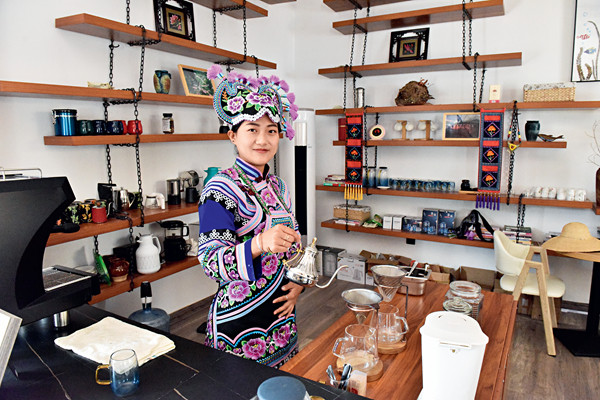
Although the exterior of the academy has been carefully restored, to ensure it blends with the village, its interiors reflect the fusion of traditional and modern styles.
The academy includes a youth hostel, a reading room, a multifunction hall and an agricultural workshop. The academy organizes various training courses for the villagers, and various colorful activities for students.
Yi women have learned how to make coffee, bake bread and arrange flowers at the academy.
Pumen Farm, near the academy, covers nearly one hectare. The farm has a vegetable-growing area, a fruit- and vegetable-picking area, a fruit garden, a breeding area, a pond, a compost area and an herb area.
As they adhere strictly to an ecological and organic way of farming, the villagers don't use pesticides, herbicides and chemical fertilizers.
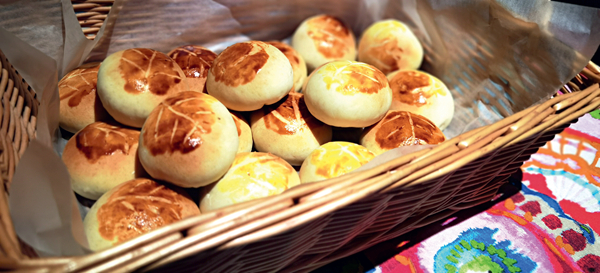
Women in Waipula are known for their excellent Yi embroidering skills. Yi embroidery, an intangible cultural heritage in China, has a history of more than 1,000 years. It is an essential element of traditional Yi clothing. Various patterns of exquisite Yi embroidering are stitched on Yi people's clothing, headwear, shoes, pillows, wallets and bags.
The goatskin jacket, a traditional, unlined garment made from the skins of black goats, is part of the traditional costume of Yi men. The jacket, which is thick and warm, can also be used as a cushion to sit on.
The village is known for its profound heritage of folk culture. The village is always full of chatter and laughter during traditional festivals, including Torch Festival, Dragon Festival, Fish-catching Festival and Rural Music Festival.
Behind the village's primitive appearance are the advanced concepts of conservation and development.
In 2017, to realize the United Nations Sustainable Development Goals (SDGs), the China Women's Development Foundation worked with the United Nations Development Program(UNDP), Mary Kay (China) Cosmetics Co., Ltd., and China International Economic and Technical Exchange Center to launch the SDGs Demonstration Village Project in Waipula.
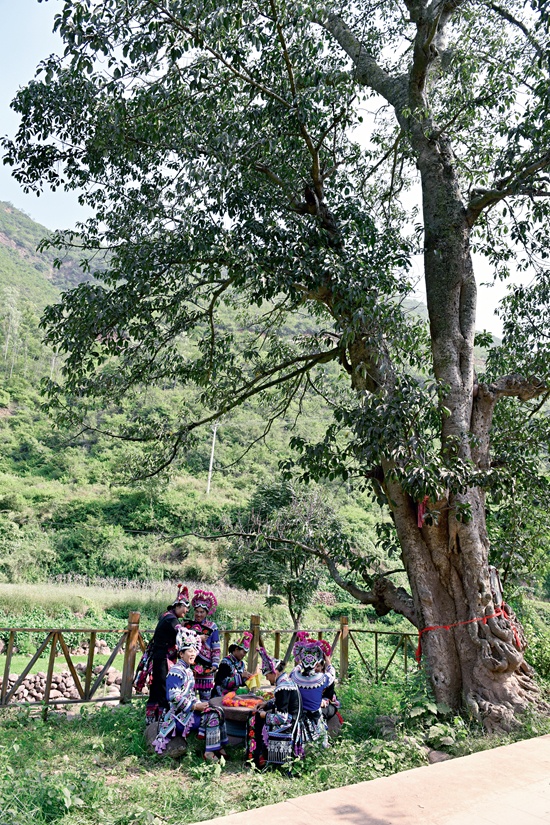
The project has brought new vitality to the ancient village. Organizers have pooled and used resources from all segments of society to increase the incomes of women, and to realize the coordinated development of the economy, society and the ecological environment,primarily through skills training and the establishment of both a Yi embroidery cooperative and an ecotourism cooperative.
"There are eight people in my family. Our annual family income has reached 150,000 yuan (US $23,076). I work as an embroiderer, my parents raise black goats and pigs, and we also grow mangoes," says Xia Xuefang, an employee of the ecotourism cooperative.
The project has boosted women's self-confidence and tapped women's unique advantages, and it has allowed women to be the beneficiaries of the projects and become participants in rural revitalization.
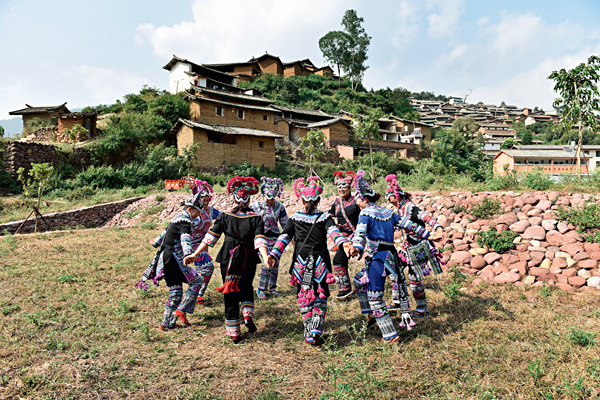
Women who once engaged in only tobacco planting have gradually tapped into new business opportunities, such as the ecotourism industry, breeding livestock and planting mangoes, chestnuts and rice.
By helping women become empowered, especially economically, the village has been transformed. The Chinese Government removed Waipula from its list of impoverished villages in 2020.
Along with its remarkable sustainable development in recent years, the village has attracted an increasing number of tourists, who want to experience the wonderful landscape and experience the Yi culture.
The local art troupe, formed by dozens of women, has become a highlight of the village's ecotourism industry.
Photos by Zhang Jiamin
(Women of China English Monthly January 2022 issue)
32.3KPlease understand that womenofchina.cn,a non-profit, information-communication website, cannot reach every writer before using articles and images. For copyright issues, please contact us by emailing: [email protected]. The articles published and opinions expressed on this website represent the opinions of writers and are not necessarily shared by womenofchina.cn.
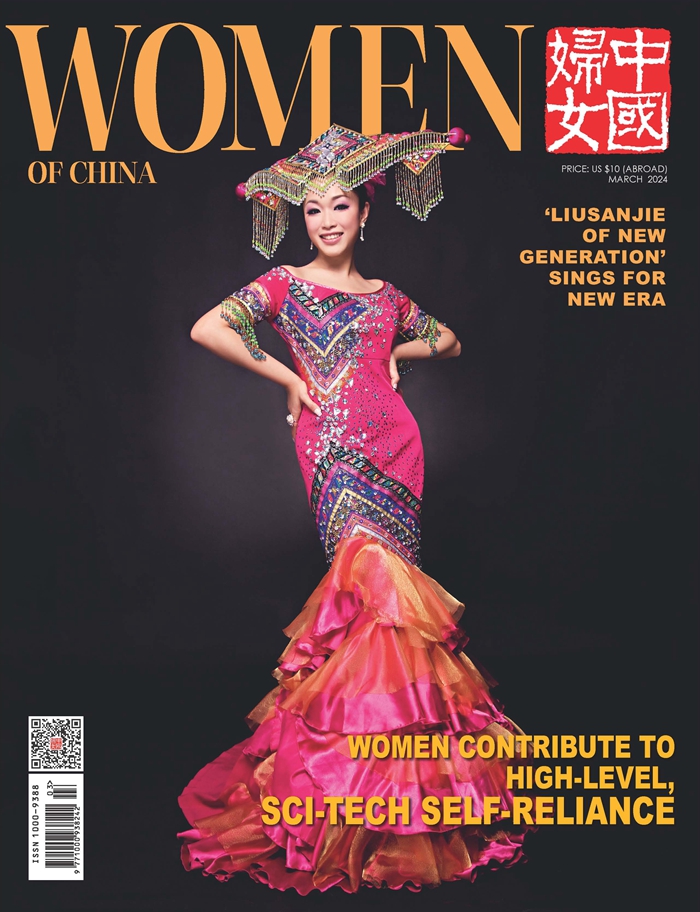
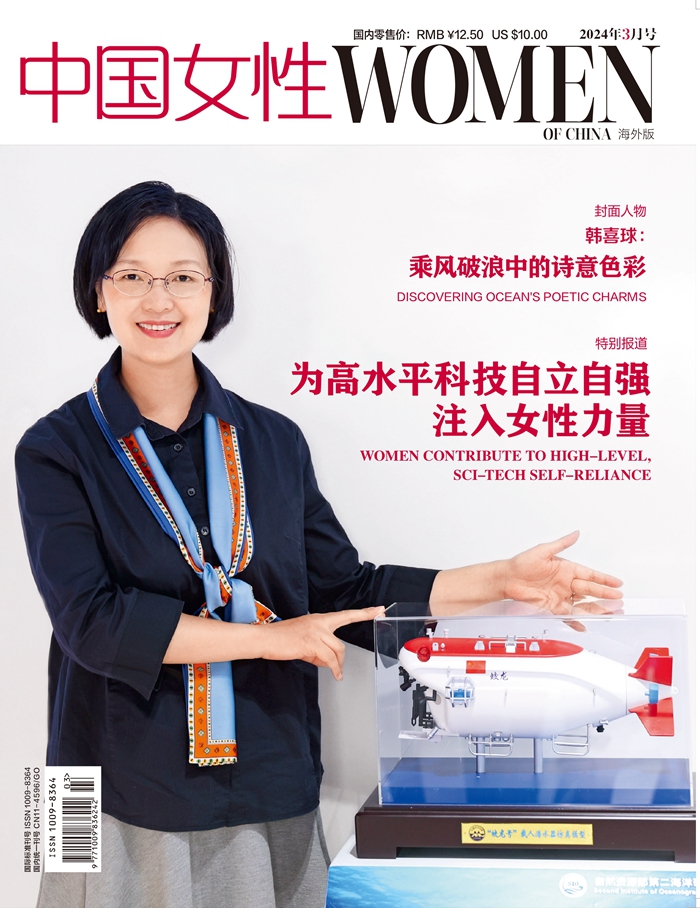
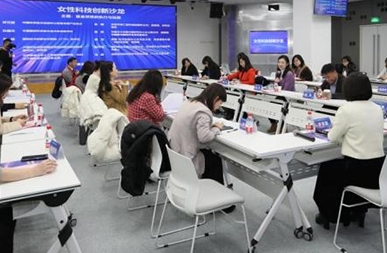
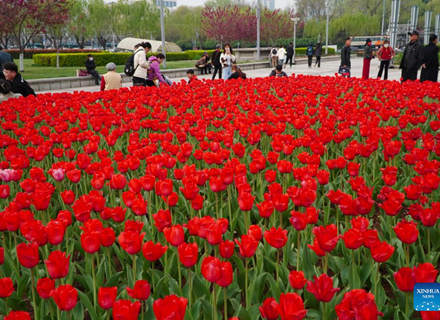
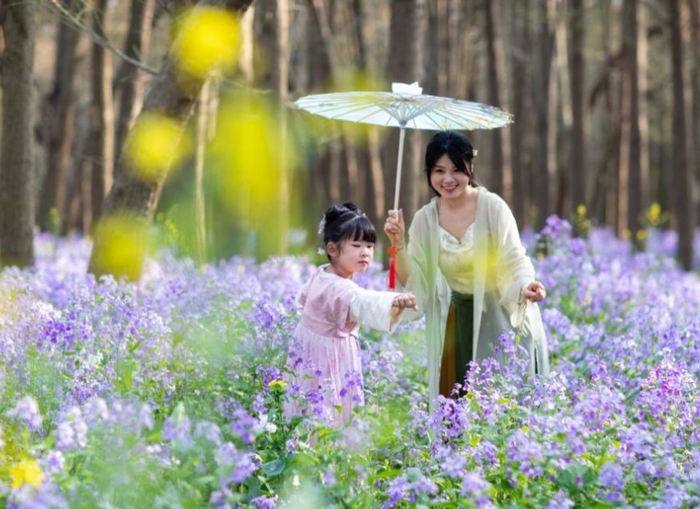


Comment区